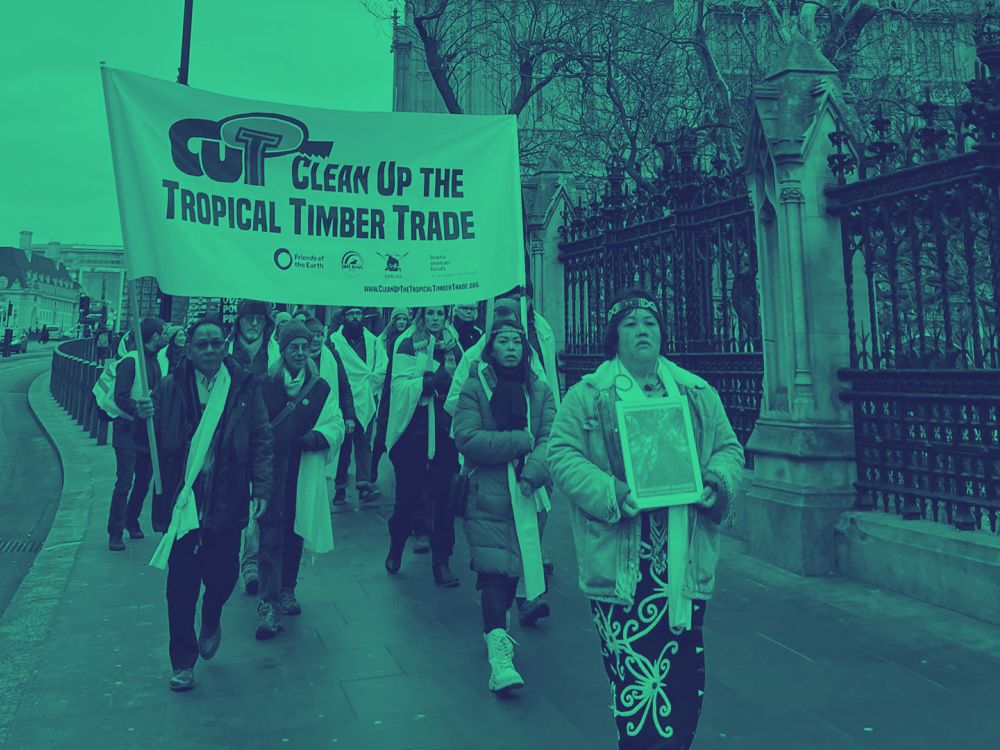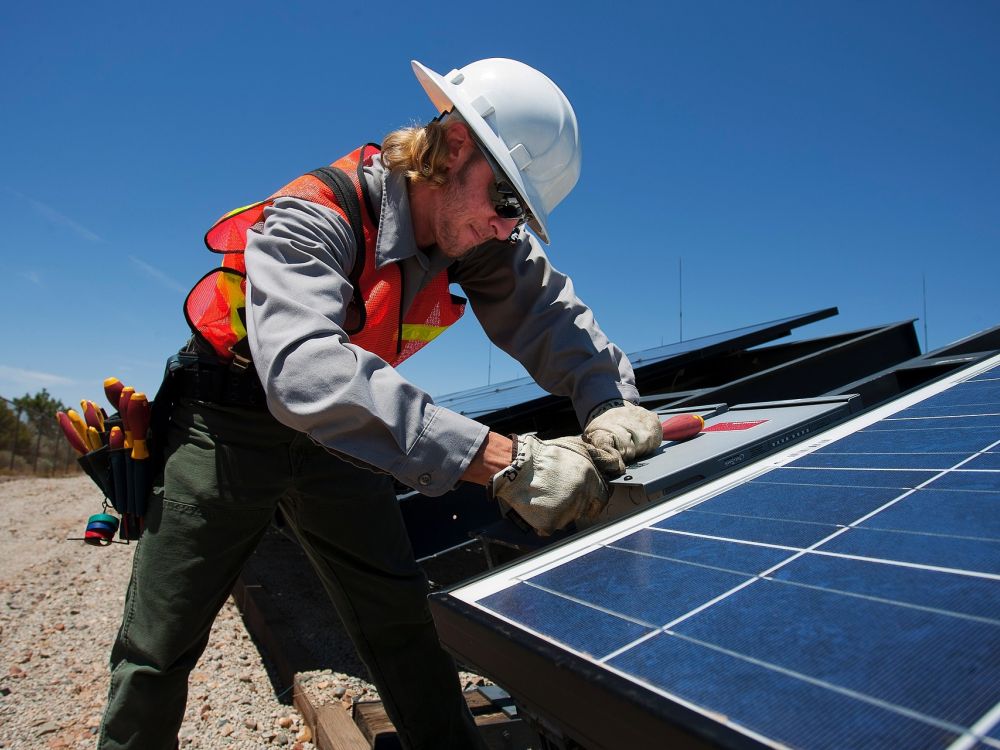
How does natural resource consumption cause harm?
Almost everything we do involves materials that have been extracted, processed, transformed, bought and sold, taxed and subsidised, and often shifted across vast distances.
Our economy is built around these raw materials (natural resources) like trees, gas, oil, metal ores, water and fertile land. Just look at your smartphone. It likely contains cobalt from Africa, copper from Chile and aluminium from Australia.
Over the years, our appetite for raw materials has grown. From 1970 to 2010, our natural resource consumption more than tripled . Overconsumption worsens climate breakdown and increases air pollution. It exhausts the planet's life support systems like the ones that provide us with fresh water, and leaves us short of materials critical to our health and quality of life.
Resource consumption facts

Planet over Profit


Plastic pollution

Want more sustainable lifestyle tips?

Food and sustainable farming


Inequality


Green energy






